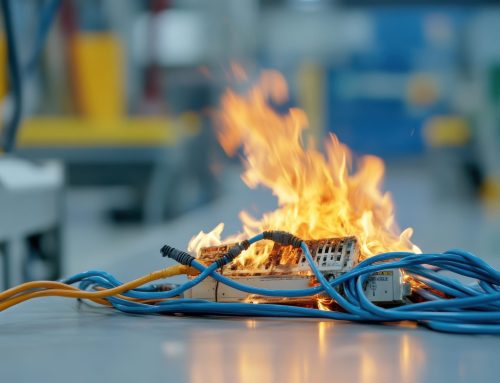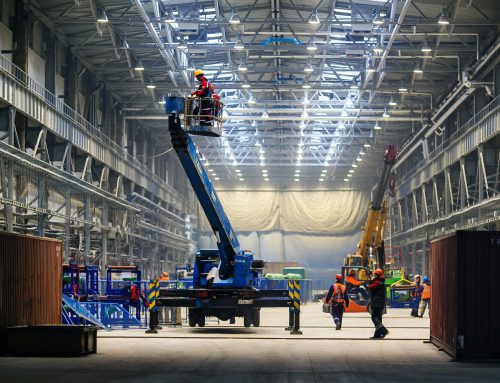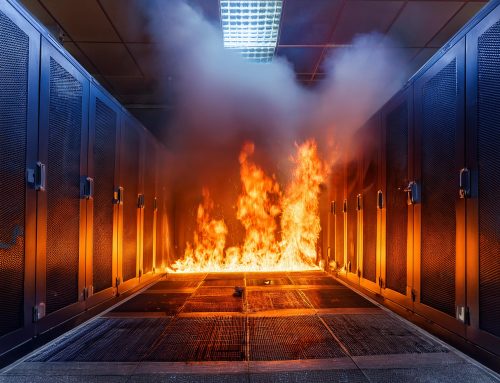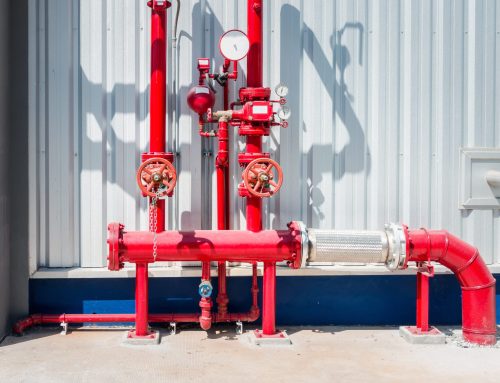The NFPA Fire Safety Code is updated on an annual basis. States may not adopt each annual change right away, but fire protection companies should follow updated code to guarantee the safety of their customers. The year 2020 will bring a few big changes from NFPA that may affect your business and fire code compliancy. Most of these changes involve your building’s fire sprinkler system.
Recalled sprinkler system components
This change to the NFPA Fire Safety Code deals with recalled components of a building’s fire sprinkler system. It has always been a voluntary process when dealing with recalled components. Recalled sprinkler heads is an example. A fire protection company can alert a business to recalled components and suggest or encourage replacement parts. But it isn’t a requirement to replace recalled components. That’s no longer the case.
As NFPA explains in its release of the changes, this update to the code was put in to place as the start of a process to identify and switch out recalled products. The NFPA has created a master list of recalled products to streamline this process as well.
Gary D., Sprinkler Service and Inspections Manager for Fire Systems, Inc., explains that this code change will affect the inspection write-up process, but customers will only notice the difference if they have recalled parts. “Instead of just noting the recalled component, we will now record it as a deficiency rather than a write-up,” said Gary. This will alert customers to the seriousness of replacing outdated parts.
While the state of Georgia has yet to officially adopt the NFPA Fire Safety Code changes for 2020, companies like Fire Systems have already adopted these changes to ensure the utmost safety for their customers.
Automatic testing
Automatic sprinkler testing allows technicians to remotely test devices of a building’s fire sprinkler system. For example, water flow testing. Using relays, the tech can open modules (INFO) without even physically being there. These updates are a direct response to technology moving forward. This new code makes way for the evolution of sprinkler system monitoring.
Automatic testing can be more efficient and allow for more frequent testing. “Since the majority of sprinkler system issues are a result of partially shut valves, we can decrease the probability of these issues by catching the problem early,” explains Gary. The NFPA also notes that this code was created in response to this top cause of sprinkler system failure. No water flow, or minimized water flow, from a sprinkler system cannot properly extinguish a fire.
With this code change, NFPA hopes to increase the frequency of sprinkler testing and improve safety.
Fire pump testing
Fire pump testing is conducted as part of the test of a building’s fire sprinkler system. This critical component of a fire sprinkler’s system provides water to the system. When pressure in the sprinkler system drops, or when a fire sprinkler nozzle is exposed to heat, the pump opens and releases water into the system.
One part of the fire pump are the controllers. These controllers are control panels that contain electrical components like switches, relays, circuit breakers, etc. These electronic devices are important as they receive signals from alarm devices, activate motor control devices to provide power to motors that drive fire pumps, and monitor fire pump operation and performance.
The dangers of testing the fire pump involve older systems that house the fire pump in a cabinet. The hazard lies in opening this cabinet to get a reading of the fire pump, namely the danger of an arc flash. Techs inspecting these fire pumps are also often standing in water, making for an even more dangerous situation.
This new code change eliminates testing the electrical system in fire pumps. The change will set forth a commonsense protocol to determine if the pump is working without needing to test the electrical system. This process or protocol involves the following steps:
- Perform flow test with a pass-fail designation to ensure the mechanical and electrical systems are working
- If the pump fails the flow test, the inspector reviews the mechanical system for issues
- If the mechanical system is fine, the inspector can pinpoint the fire pump as the problem. In this case, the inspector must have a certified electrician present when working on the fire pump.
Importance of annual sprinkler inspections
The NFPA Fire Safety Code is always evolving. Choose an experienced fire protection company knowledgeable in the most recent code changes. Fire Systems has been in business for over 30 years and works closely with local fire marshals and authorities to keep local businesses compliant.
There are many components to a well-rounded fire sprinkler system, and all components must be inspected and tested regularly in order to be code compliant. Fire Systems, Inc. technicians are trained and certified to perform any service needed on various components of your fire sprinkler system to ensure proper functionality.
Our software system even keeps track of when inspections are due, so you never have to worry about being late on required inspections. We can also provide training in the proper use and maintenance of your system. Additionally, Fire Systems also performs installations, repairs, and modifications on all types of fire sprinkler systems.
Find out how Fire Systems, Inc. can help keep your business safe. Give us call today at 770-333-7979 for your free estimate or visit our website for more information.






